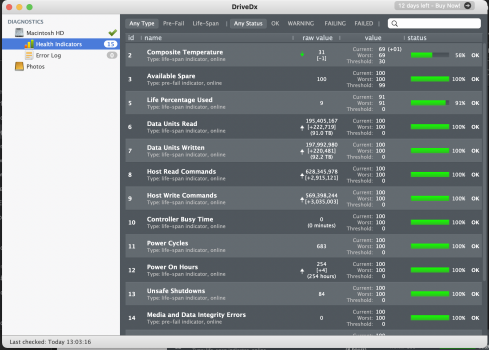I was seeing huge writes to the internal disk on my 16/256 M1 mini a couple of days ago - on the order of 1 TByte per day. Fortunately, I noticed this when the total writes had only reached about 4 TByte and have since managed to, temporarily at least, put a stop to it.
In short: for me it was Safari that caused trouble, possibly in combination with some Big Sur swapping issue.
Hopefully this will help someone else who is experiencing this issue. It may not be Safari in your case, but it might still be a good idea to take a closer look at what is being swapped out.
First, I verified over 24 hours that Activity Monitor was showing numbers that were within 10% of what smartctl reported, so there was no question about there being any kind of error with the interpretation of the SMART data.
By far, most of the writes were done by kernel_task, which was writing 10x+ more than it was reading.
Anyway, I noticed that swap use was very high, often at over 10 GByte. That in itself would not necessarily mean that a lot of writes needed to take place, especially not without corresponding reads. Nevertheless, I tried shutting down everything I had running (Xcode, GarageBand, Steam, Safari, Mail etc). With everything closed, my swap use dropped to zero, along with the writes. Bringing things up again brought the massive swap and writes back as well.
A little bit of testing showed that, at least in my case, it was Safari that was causing the main part of the swap use, and AFAICT nearly all of the writes by kernel_task. It should be noted that I am normally a _very_ heavy browser tab user - nearly always having hundreds of tabs open. In this particular case, I was at 528 tabs. With some tabs, for whatever reason, using over 200 MBytes according to Activity Monitor, that was clearly a very bad idea.
For now, I have "solved" the issue on my M1 by spending a couple of hours sorting and bookmarking hundreds of browser tabs. Only a dozen tabs open now but, with everything else back to about the same state as when I was seeing 1 TByte writes per day, the kernel_task write counter does not seem to move at all (0.5 GByte swap).
Of course, this is not the way I would like things to work, and I have never seen anything like this behaviour before. I'll be looking for a more resource friendly browser to use, and hoping for some kind of fixes to Big Sur and/or Safari.
Perhaps I'll end up spending the money I saved by not upgrading the SSD on the M1 to buy an external Thunderbolt SSD instead to run the OS from. ;-)


